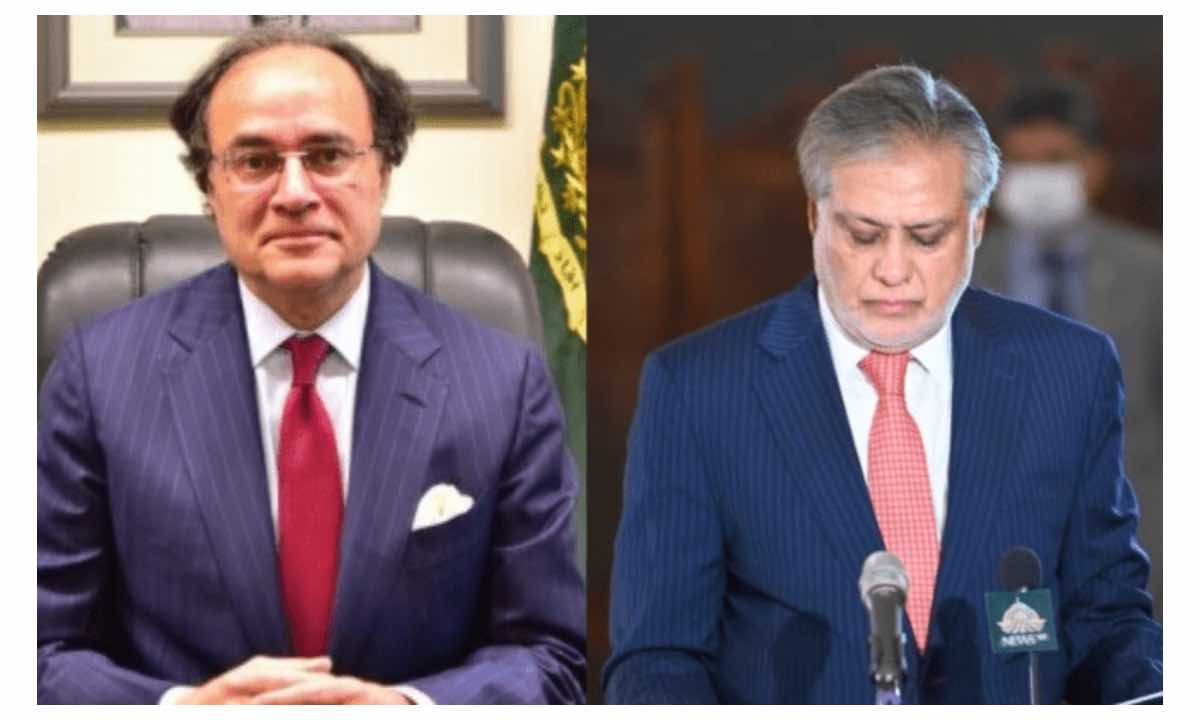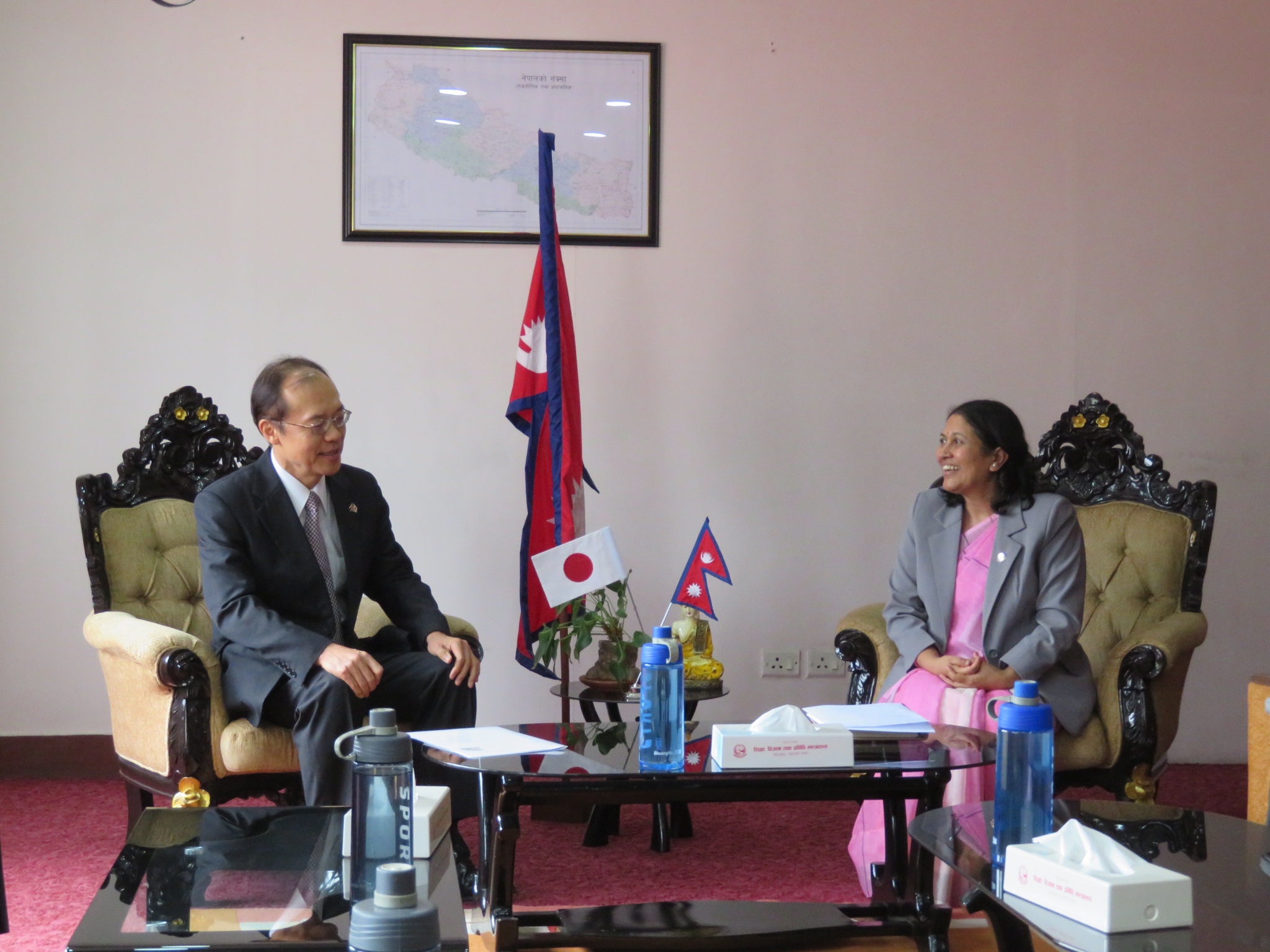
OR
#TheirView

With Deputy Prime Minister Ishaq Dar having clawed his way back to the centre of economic policymaking, a tussle between two competing viewpoints — one represented by him, the other by Finance Minister Muhammad Aurangzeb — was inevitable.
Mr Aurangzeb believes that Pakistan’s economy can no longer bear the burden of state-owned enterprises, which need to be privatised as early as possible. On the other hand, Mr Dar, who is foreign minister and a confidant of Nawaz Sharif, fears that all-out privatisation could deplete his party’s already dwindling political capital. Hobbled by high inflation, recent blunders in wheat procurement and rising energy costs, the party can ill-afford any agitation against privatisation.
Hence, no matter what the finance minister says, the two are not on the same page as evident in his outright rejection of Mr Dar’s concept of “strategic and essential SOEs”. “There is no such thing as strategic SOEs,” Mr Aurangzeb told a pre-budget conference. All SOEs, regardless of their categorisation, he asserted, would be handed over to the private sector. His stance on the ‘strategic’ SOEs is the opposite of what Mr Dar, who was previously finance minister and heads the important Cabinet Committee on Privatisation, had stated recently. Removing seven profitable public companies at the disposal of the Pakistan Sovereign Wealth Fund from the privatisation list, Mr Dar reportedly said that the government would restrict its concerns to “strategic and essential SOEs”, whose number — 40 — would be decreased after scrutiny.
The final decision on which the entities are to be categorised as strategic or essential is to be made by the Cabinet Committee on SOEs headed by Mr Aurangzeb. It might not be easy for him to have his way on their privatisation, despite support from the powerful circles that signed him up for implementing taxation, energy, and SOE reforms along with privatisation under the IMF’s tutelage. Mr Dar’s economic ideas are acceptable neither to the IMF nor to these circles. Under these circumstances, his transfer to the foreign ministry and later his elevation as deputy prime minister were perceived as major concessions from PM Shehbaz Sharif, although under pressure from Nawaz Sharif.
Put simply, the differences between Mr Aurangzeb and Mr Dar reflect the tensions within the ruling party as well as the compulsions of an economy that cannot pick up momentum until it has undergone drastic and politically unpopular changes. The disagreement between the current and former finance minister on privatisation has emerged at a time when the government is all set to start talks for another IMF bailout facility in order to revive the economy. How this disagreement within the government will sit with the lender, which is already wary of the risks attached to the execution of the economic stabilisation policies, is anybody’s guess.
Source: Dawn (Pakistan)
You May Like This

Not without reform
Finance Minister Muhammad Aurangzeb says that the economy has the potential to grow 10 times its size to $3tr for... Read More...











Just In
- Japanese envoy calls on Minister Bhattarai, discusses further enhancing exchange through education between Japan and Nepal
- Heavy rainfall likely in Bagmati and Sudurpaschim provinces
- Bangladesh protest leaders taken from hospital by police
- Challenges Confronting the New Coalition
- NRB introduces cautiously flexible measures to address ongoing slowdown in various economic sectors
- Forced Covid-19 cremations: is it too late for redemption?
- NRB to provide collateral-free loans to foreign employment seekers
- NEB to publish Grade 12 results next week







Leave A Comment